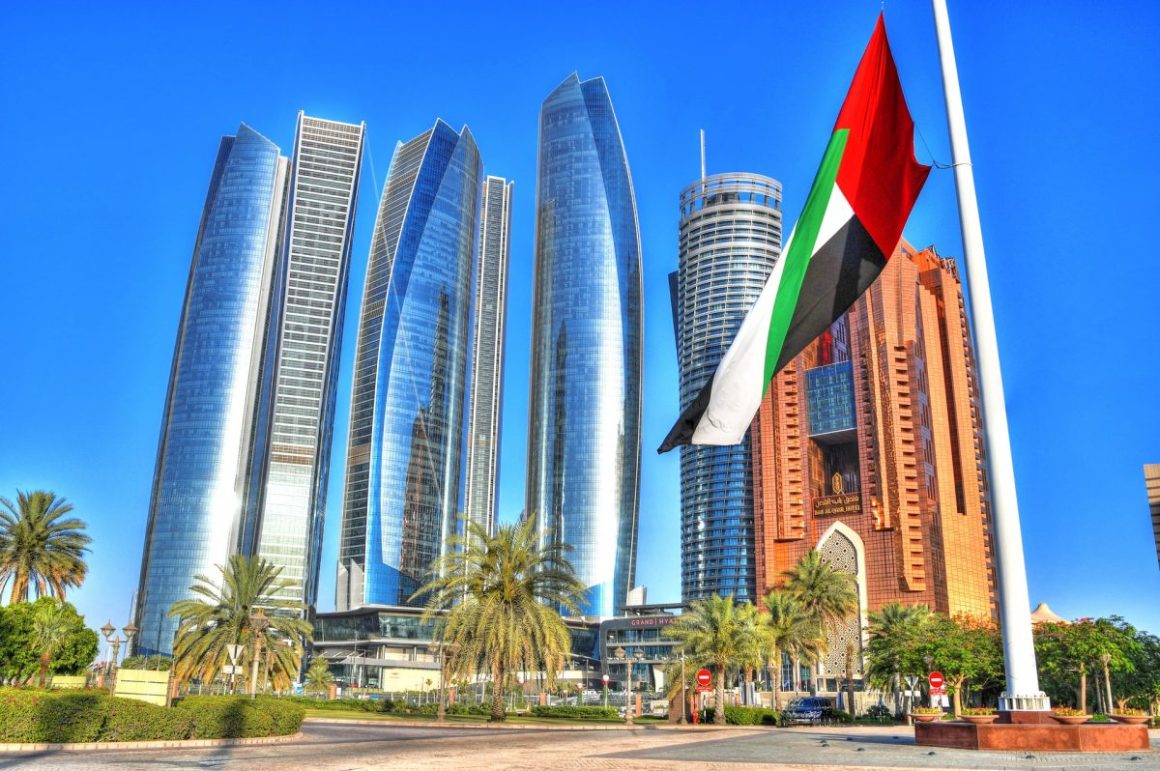H.H. Sheikh Humaid bin Rashid Al Nuaimi, Supreme Council Member and Ruler of Ajman, has approved the “Ajman Principles Document”, which will form the basis for the emirate’s government approach and Ajman Vision 2030.
The document includes 8 principles: sustainability, inclusivity, community centrality, government agility, future preparedness, accountability, cooperation, and the spirit of the union.
The Ruler of Ajman affirmed that the document’s principles are derived from the values of the founding fathers, and based on the firm belief in the importance of the union and its strength, adding that the principles aim to enhance cooperation across all sectors, improve government performance and develop its apparatuses to be more flexible and effective.
H.H. Sheikh Ammar bin Humaid Al Nuaimi, Crown Prince of Ajman and Chairman of Ajman Executive Council, said that the Ajman Principles Document was issued to be the foundation that the emirate’s government commits to, in accordance with the eight principles.
“The Ajman Executive Council will ensure commitment to the principles of the document and spread its culture not only in the government sector, but also in the community and economic sectors,” he added.
First Principle: Spirit of the Union
Ajman stands as an integral part of the UAE, steadfastly contributing to its unity, strength, and progress. The Union’s interests hold paramount importance, aligning our government’s priorities with the federal government’s. We envision a shared future, where Ajman’s leadership paves the way for national advancement and a brighter future for all.
Second Principle: Cooperation
Cooperation forms the bedrock of our progress. We acknowledge the collective responsibility for achieving shared goals, where every individual’s contribution holds value. We strive to build bridges of communication and collaboration with the federal government, diverse work teams across the Emirates, the business sector, and the community.
Third Principle: Community Centrality
The human element forms the cornerstone of our society. Policymaking, strategy development, and government services are designed to empower individuals and the business sector to actively participate in decision-making. Our prosperity hinges on societal cohesion, ensuring the well-being and needs of all are met.
Fourth Principle: Sustainability
Sustainability serves as a fundamental pillar for a flourishing future. We strive to achieve a balance between economic development, social welfare, and environmental protection, ensuring resource preservation for future generations.
Fifth Principle: Inclusivity
Ajman is steadfastly committed to creating a fabric of inclusivity, integrating every individual into our vibrant society, encompassing youth, seniors, residents, and individuals of diverse backgrounds – men, women, and children. We respect their cultures, celebrate their achievements, and foster an environment of growth, integration, and openness, paving the way for collective progress and well-being.
Sixth Principle: Future Preparedness
The future holds both opportunities and challenges. We are committed to preparing our national workforce by developing their skills and capabilities. We embrace advanced technologies and innovative solutions to anticipate future trends, adapt to global changes, and stay at the forefront of progress.
Seventh Principle: Government Agility
As the pace of change intensifies, the Ajman government prioritises remaining agile and adaptable to the evolving needs of our citizens and business sector. We are committed to continuous improvement of our services and lead innovation in policy and system development.
Eighth Principle: Accountability
Government agencies and institutions are dedicated to serving the public and upholding the law. We continuously strive to strengthen good governance practices and solidify the values of transparency and accountability, empowering individuals and society to participate in comprehensive and constructive evaluations, ultimately fostering justice and stability.
WAM

